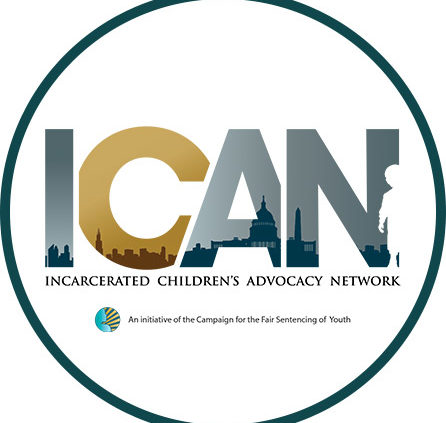Jeanne Bishop
Jeanne Bishop’s pregnant younger sister, Nancy Bishop Langert, and brother-in-law Richard Langert, died when a 16-year-old boy broke into their home and killed them.
Jeanne attended every day of the two-week trial. The jury found the teen guilty in two hours. At the time, Illinois law required that the only possible punishment for a double homicide committed by a child was mandatory life without parole. There was no opportunity for the family to give a victim impact statement to share how they had been affected by the crime. Even though Jeanne opposed the death penalty, she was initially happy that David would spend the rest of his life in prison.
Based upon her faith, Jeanne forgave the teen in her heart but decided never to mention him. When the U.S. Supreme Court decided in 2012’s Miller v. Alabama that it is unconstitutional to impose a mandatory life-without-parole sentence upon a child, Jeanne realized the teen might be re-sentenced and wasn’t sure how she felt about that possibility. As far as she knew, he was still remorseless. When a friend asked her how she knew that, Jeanne realized she couldn’t say.
More than 20 years after the crime, Jeanne wrote to the person responsible for the death of her loved ones, telling him that she forgave him and was wrong for not telling him sooner. She also offered to visit him in prison. In response, Jeanne received a fifteen-page, double-sided letter from him. In his letter, he confessed to the crime for the first time and expressed his deep regret.
On March 3, 2013, Jeanne drove to the prison and met face-to-face with him for the first time. She told him about the damage he had done to her family. As Jeanne watched him react to her story she thought, “This is the best victim impact statement I could ever ask for… He has to hear me.”
Over the course of the last three years, Jeanne has visited him in prison at least a dozen times. She says their relationship has grown into a strong, honest, and respectful one. Importantly for Jeanne, each time they meet, Jeanne tells him about her sister and brother-in-law. He told her that getting to know Jeanne and her family members makes him feel even more remorseful for the harm he caused.
Jeanne knows that many want to write off people like the person involved in her sister’s death because, in their minds, they can never change. She is a fervent believer that every child should have the opportunity to demonstrate remorse, rehabilitation, and the ability to return to society. “Our loved ones are not honored by mercilessly throwing a young person’s life away.”



